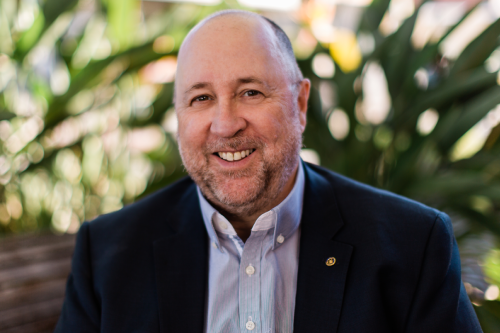

For most brokers and their clients, the hard insurance market has meant not only elevated premiums, but also reduced coverage and more thorough renewal processes. There’s another outcome, though, that CPR Insurance Services director Robert Cooper (pictured) believes should be approached with the utmost care.
“Some are going with what we call DOFIs (direct offshore foreign insurers) or UFIs (unauthorised foreign insurers),” noted Cooper, who stressed that intermediaries are not supposed to use these markets unless there’s nowhere else they can turn to domestically.
He lamented “a bit of a grey area,” saying it could either be that the market’s been exhausted in Australia and brokers can’t find anyone, or it’s a case of prices being ridiculously high and they want to save client’s money.
Cooper told Insurance Business: “There probably are some people that are finding that they can get cheaper premiums in unauthorised foreign insurers simply because they’re being priced out of the market by Australian licensed insurers.
“But there’s a considerable amount of risks that go with unauthorised foreign insurers that ultimately comes back and hits our own professional indemnity premiums because Australian rules don’t apply to UFIs when it comes to problems with claims or insolvency and things like that.”
In July 2008, authorisation requirements for foreign insurers came into effect following the passage of the Financial Sector Legislation Amendment (Discretionary Mutual Funds and Direct Offshore Foreign Insurers) Act 2007.
“The new authorisation requirements are designed to ensure that Australian policyholders have the security of Australia’s strong prudential regime for general insurers and are protected from dealing with unauthorised DOFIs that would not meet the standards required of an APRA-authorised (Australian Prudential Regulation Authority) insurer,” stated the Australian Securities & Investments Commission at the time.
“Some business will still be able to be placed with DOFIs that are not authorised as long as this business is placed in accordance with the exemption regime.”
For Cooper, it’s all about doing the best a broker can for its clients.
“We have to take responsibility for the security of these markets,” asserted the director. “We know we have to do our research; we have to be careful. In fact, our own professional indemnity policies will not respond to claims from our clients should the DOFI become insolvent and cannot pay a claim."
Cooper added that cutting costs can potentially do more harm than good.
He told Insurance Business: “There’s a lot of things that small and medium businesses will try and cut corners on, and that’s only going to make them suffer in the long run if they have a complicated claim. That defeats the whole reason they have insurance in the first place, which is to get protected when something goes wrong.”
